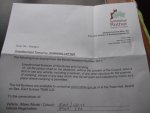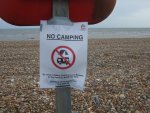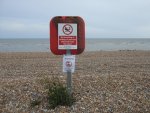justdoitviv
Guest
pictures request
yes I have several pictures..........how do I upload them? Can someone e mail me privately so not to disturb others, and I will post the signs and fines........all illegal. Otherwise if you give me your email address I can sent them to you for you to put on the site. Or else look at andy ********** over night parking ...go to kent...... all those signs are illegal, and some have been removed. The new signs and tickets I got are not on andys site.I came across this thread and have read a lot of the pages ... not all ! I get the idea that this will not get sorted/ changed .. unless we try approaching to start with campsite owners maybe ! Asking / suggesting that if they feel they are losing out with motorhomes that if they say offer a refresh/top up services of maybe £5 ! Where we can drop toilets, and grey water and top up again.
My hubby and me like to - sometimes visit a town / city do some shopping, a bite and a few drinks then head to our bed. we find a lot of campsites are usually out of town and not a handy walk back. So maybe this way they may feel they are getting some business from us. Im not saying we don't go onto campsites but most of the time we like to free wheel.
Its a pity they don't realise that caravans mostly have to go to them but motorhomes don't always have to.
Also ... these signs that are legal and not is there any chance that a pic could be put on so that we might know what to look for !!
Now I guess this the start the thread up again !




